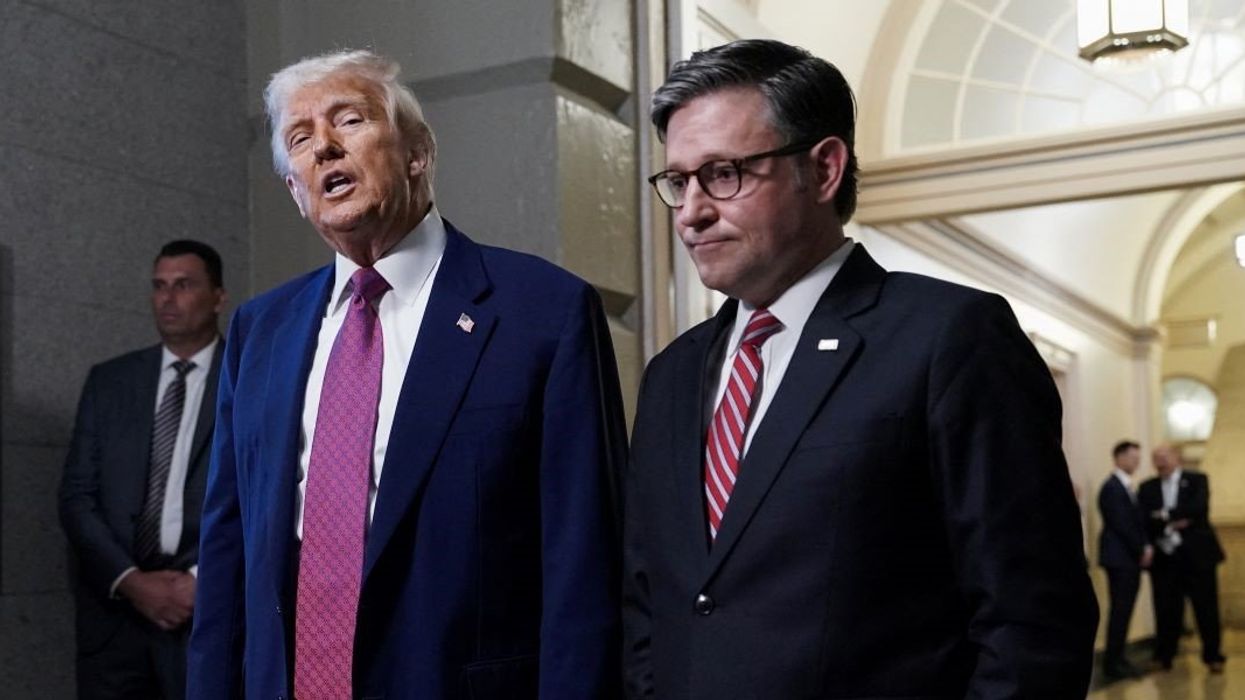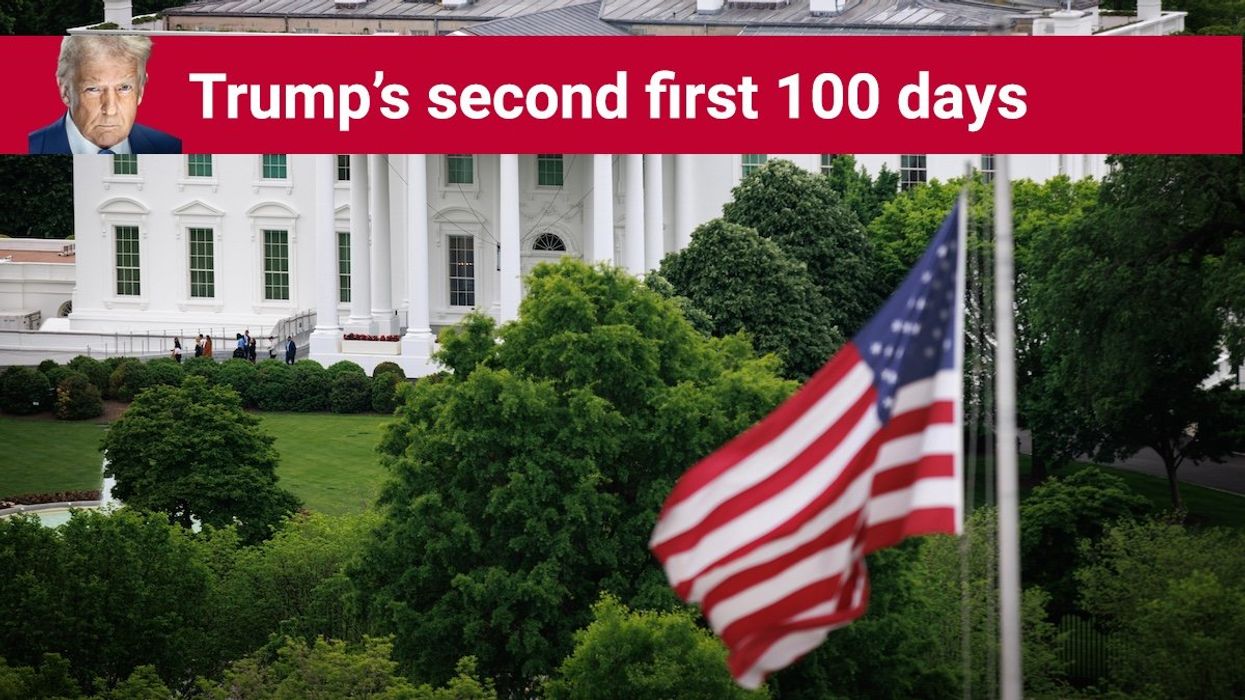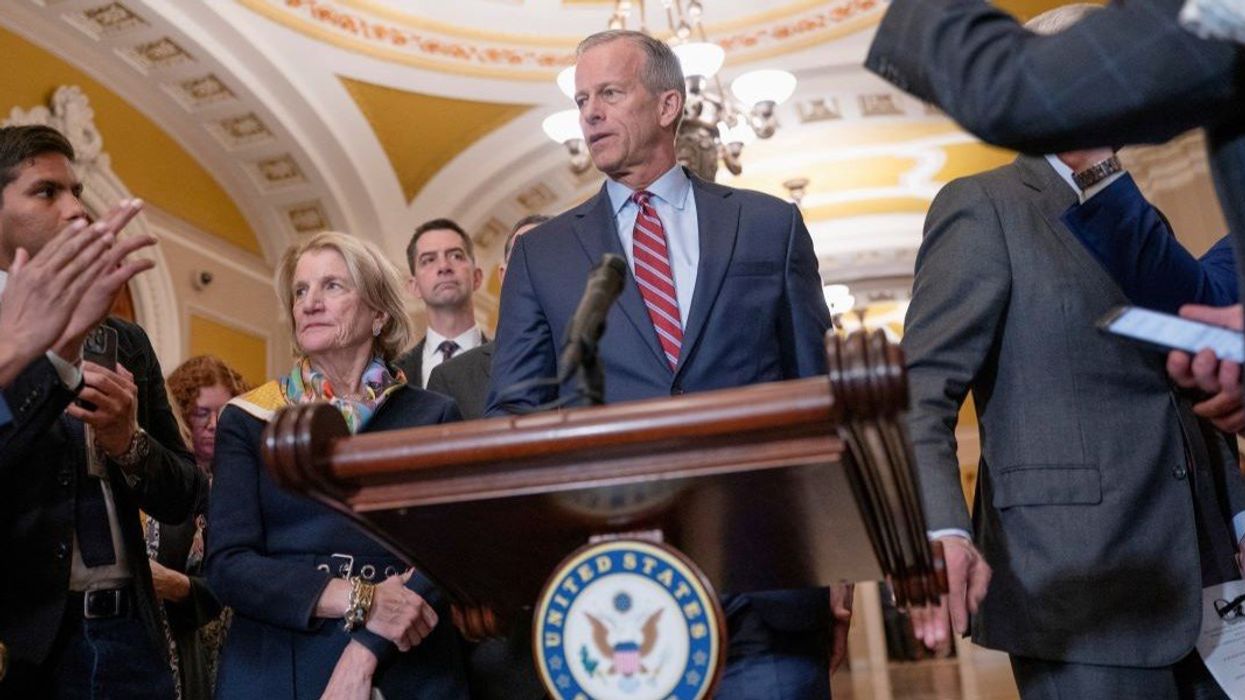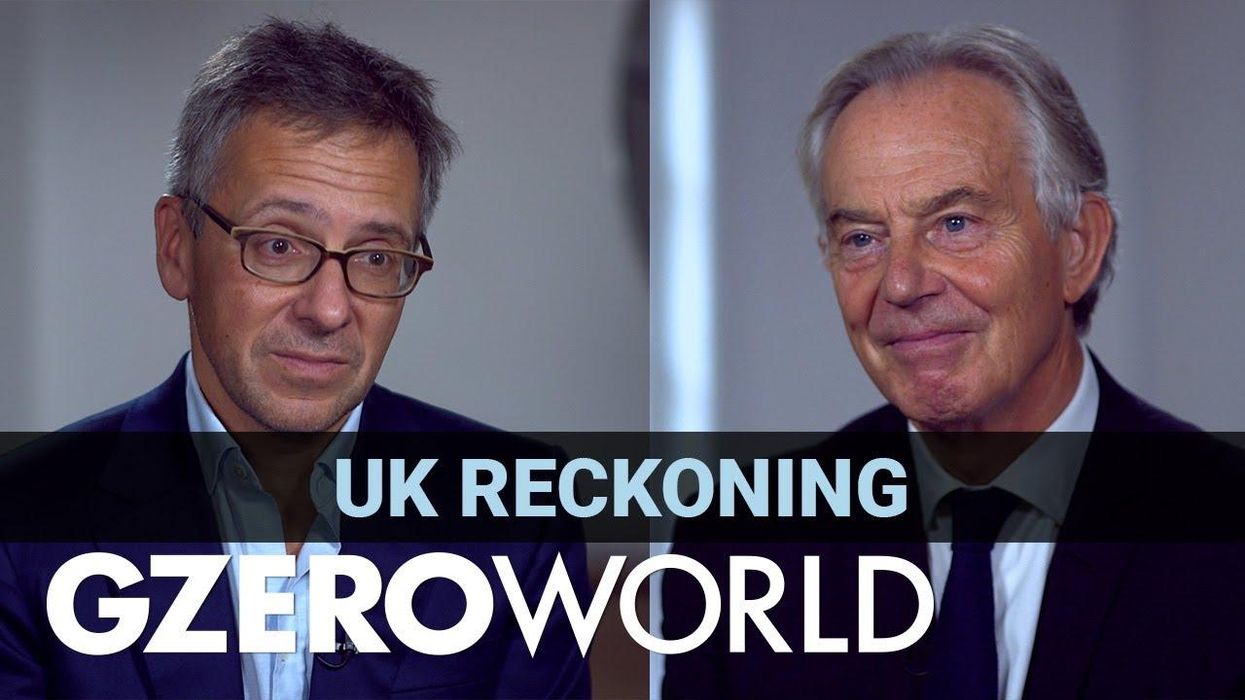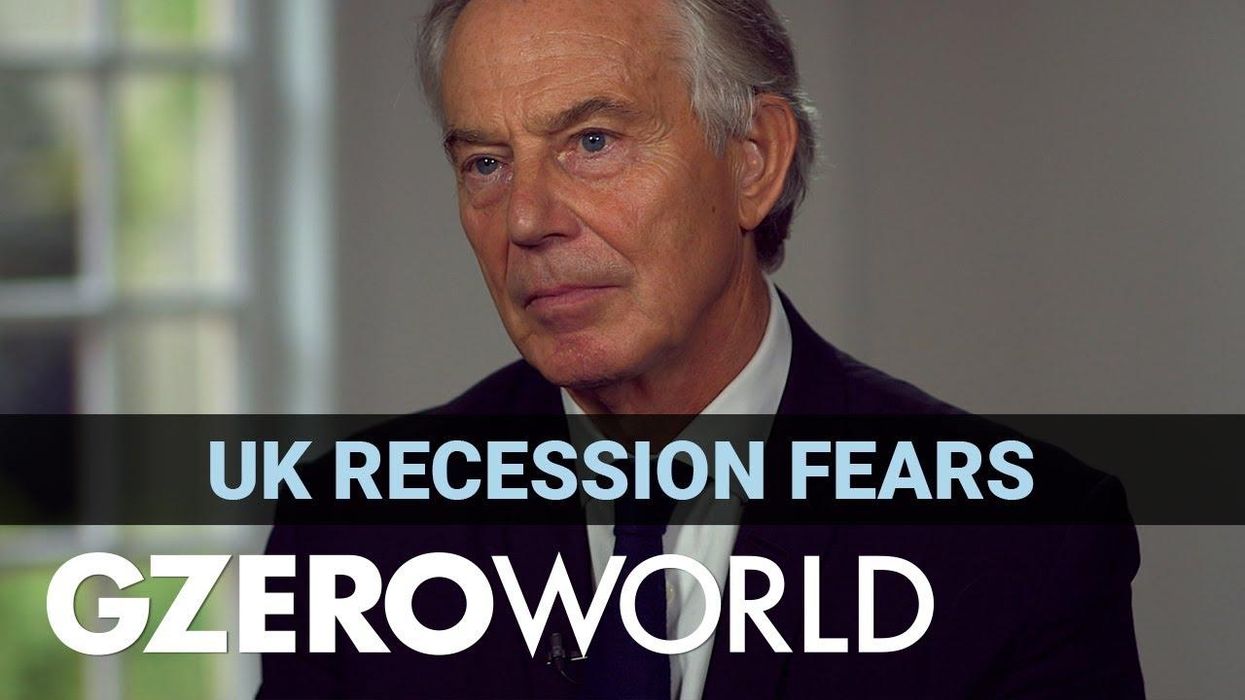Analysis
We read the “Big, Beautiful, Bill” so you don’t have to
Republicans have a math problem—and it’s turning into a political one. As the party in full control of government moves to advance its sweeping policy agenda, internal divisions are surfacing over what to prioritize: tax cuts or budget cuts.
May 21, 2025
